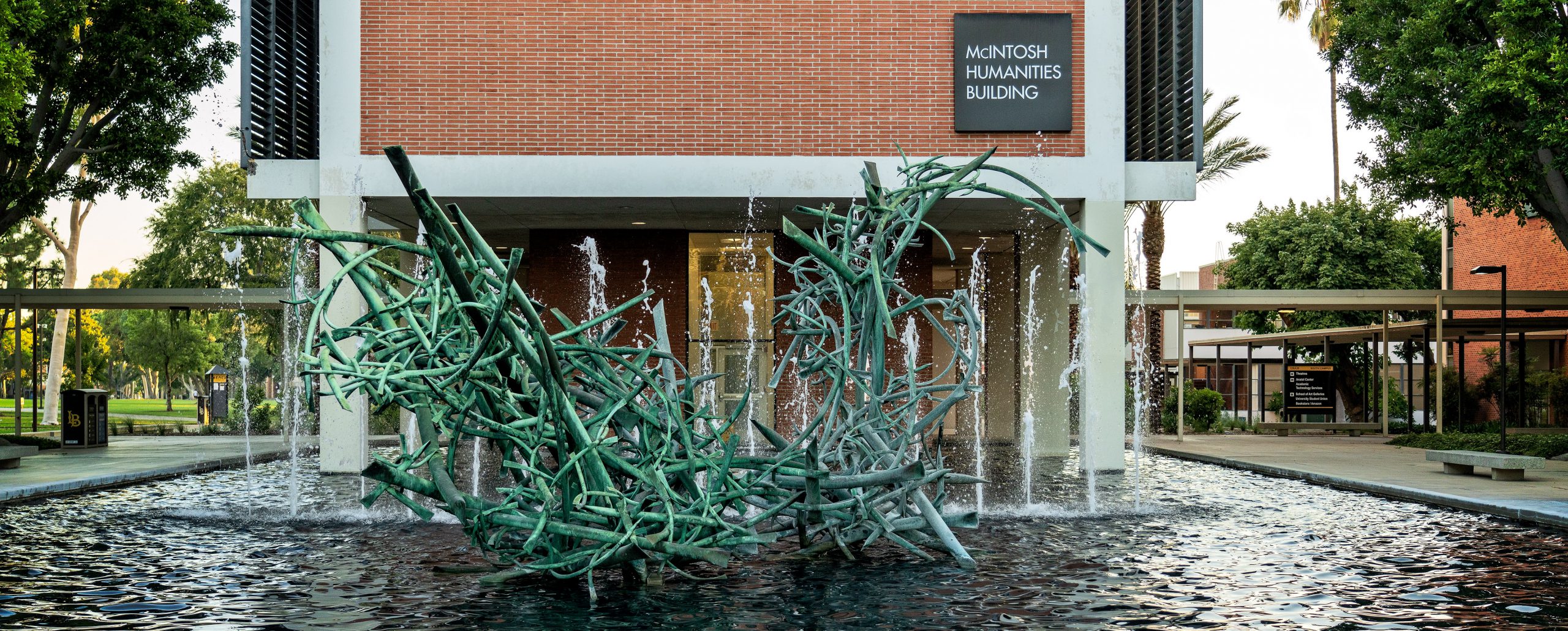Associate Professor of Psychology Selected for Psychological Association’s Early Career Achievement Award
April 5, 2010Kim-Phuong Vu, an associate professor of psychology at California State University, Long Beach (CSULB), has been named recipient of the 2009 Earl Alluisi Early Career Achievement Award from Division 21: Applied Experimental and Engineering Psychology of the American Psychological Association (APA), the world’s largest association of psychologists.
The award is given annually to an academic who has made exceptional contributions to the field of applied experimental and engineering psychology during the first 10 years of his or her career and is based on research, publications and special new contributions to scientific methods or theory.
“Earl Alluisi was a pioneer in the field of engineering psychology, so I was honored to receive an award in his name,” said Vu, a CSULB alumna who joined the faculty in 2005. “Also, former recipients have become prominent members in the field, so I am happy to be associated with them through this award.” She will receive her award and speak about her research at the APA’s annual meeting in August in San Diego.
“My major contribution to the field has been in the application of basic research in perception and cognition to real-world problems,” Vu explained. Her research focuses on three interrelated areas. The first is action-selection, which refers to how a speeded decision is made regarding which action to take in response to perceptual events.
“One of the major factors affecting efficiency of action-selection is stimulus-response compatibility (SRC),” which refers to the fact that performance is better with certain responses to stimuli than others. “My research in this area has implications for how displays and controls should be organized and mapped in order to achieve efficient performance with minimal errors.”
Vu also is interested in human-computer interaction and with improving interface designs or products for human use—an area of study called human factors. The fundamental idea is that systems and interfaces must be designed with users in mind if the systems are to accomplish their goals effectively. “My work in this area includes human factors issues in Web design, the role of password restrictions in the memorability and security of passwords for single and multiple accounts, and evaluating the usability of Web privacy policies,” she noted.
She also is involved with aviation human factors and is associate director of CSULB’s Center for Human Factors in Advanced Aeronautics Technologies, a NASA-sponsored University Research Center. “This research area was developed entirely after my appointment at CSULB,” she pointed out. “I have developed a research program using human-in-the-loop simulations to investigate human factors issues associated with advanced interface designs, control of manned and unmanned air vehicles, and different air traffic management concepts and automation technologies.”
Vu has authored or co-authored a host of research journal articles and other publications, including in the Journal of Experimental Psychology, Quarterly Journal of Experimental Psychology and International Journal of Human-Computer Studies. She sits on the editorial boards of the American Journal of Psychology and International Journal of Human-Computer Interaction.
At CSULB, she also is assistant director of the Center for Usability in Design and Accessibility, which helps clients evaluate software. She was chair of the Master of Science in Human Factors Committee and a faculty advisor to the Human Factors and Ergonomics Society Student Chapter, which has been recognized as a best student chapter by the national society four times.
Additionally, she has served as principal investigator, co-investigator or senior personnel on five grants or funded projects from NASA Ames Research Laboratory, National Science Foundation, The Boeing Company and the CSU Chancellor’s Office. She was particularly instrumental in landing two large NASA awards totaling $8 million. The first came in 2006 for developing ways to measure situational awareness and mental workload in pilots flying in airspace patrolled by remotely operated air vehicles. The second grant of $5 million over five years is aimed at training students in research topics useful to NASA.
Vu earned her B.A. in psychology from CSULB and M.S. and Ph.D. from Purdue University. “Dr. Vu has been spectacular, both during her student years and her faculty years,” said Kenneth Green, chair of the CSULB Psychology Department.
